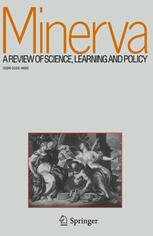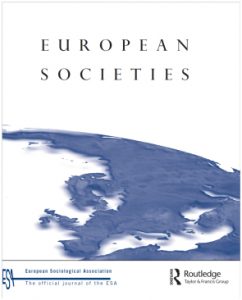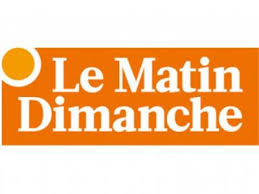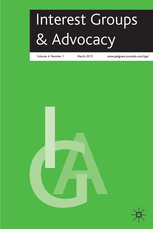 Article de Felix Bühlmann, Pierre Benz, André Mach et Thierry Rossier dans la revue Minerva.
Article de Felix Bühlmann, Pierre Benz, André Mach et Thierry Rossier dans la revue Minerva.
Abstract
As a scientific discipline and profession, law has been for centuries at the heart of social and political power of many Western societies. Professors of law, as influential representatives of the profession, are important powerbrokers between academia, politics and the corporate world. Their influence is based on scientific reputation, institutional mandates inside and outside academia or privileged network connections with people in powerful positions. In this study, based on a full sample of all Swiss law professors in the years 1957, 1980 and 2000 (n = 311), we contrast two theories of the distribution of power among law professors: Bourdieu’s thesis on the trade-off between scientific reputation and (extra)-academic institutional power vs. the thesis of an opposition between a group of established incumbents and socio-demographically marginal challengers who try to gain access to the profession. We show that among Swiss law professors the endowment with scientific capital is not opposed to the possession of institutional power within (or outside) academia. Our findings reveal rather an opposition between a challenging group of professors devoid of resources and an incumbent fraction with a high amount of scientific, institutional and social capital alike. In the conclusion we discuss a series of explanations of this specific power structure, including the specific status scientific reputation and social capital can have for law professors.







